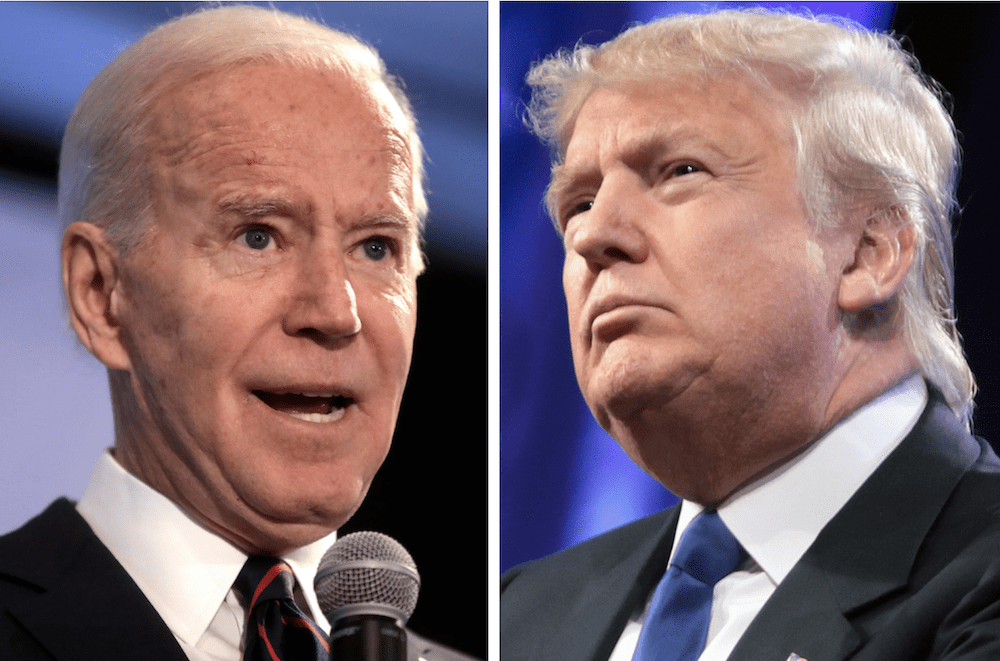Now Almost All of the Republican and Democratic Conventions Will Be Virtual

WASHINGTON– Coronavirus claimed its latest victim Thursday: in-person presidential nominating conventions.
“I told my team it’s time to cancel the Jacksonville, Florida, component of the GOP convention,” President Trump said at the White House on Thursday, citing the latest “flare-up” in COVID-19 cases and deaths in the Sunshine State. “To have a big convention, it’s not the right time. It’s really something. For me, I have to protect the American people.” The president said the party planned for “tele-rallies” in lieu of in-person gatherings of the party faithful. “That’s the way we’re going to do it,” Trump said. “I’ve spoken to [Florida] Gov. [Ron] DeSantis and informed other political leaders.”
For Trump, who vaulted to power and gains energy personally on the strength of his political rallies, it’s another demoralizing setback in what have been a bruising four months for the White House and the nation, since the American onset of the novel Coronavirus. Trump had tried to rally the country — or at least his political base — toward a swifter reopening, originally calling for an Easter Sunday resumption of normal business, before scrapping the suggestion—- among other abandoned efforts. In addition, an under-attended political rally in Tulsa, Oklahoma last month shocked Trump campaign officials accustomed to rapturous turnout for the president; the failure led to the recent demotion of campaign manager Brad Parscale.
The Republicans now follow the Democrats in a flight to safety. America’s oldest party, set to nominate Joe Biden for president, signaled in June that their planned Milwaukee, Wisconsin convention would be held mostly over the internet: party brass instructed delegates to stay away. But the partial-cancellation of the Republican convention is particularly striking as Trump previously moved the location earlier this year — from Charlotte, North Carolina (which has a Democratic governor, Roy Cooper) to Florida (governed by his ally, DeSantis); the move was related to a dispute over planning in a COVID-19 environment. Now mostly over the internet, the Republicans are set to nominate Trump the week of August 24-27, while the Democrats plan to tap Biden the previous week, August 17-20. By then, Biden will have unveiled his vice presidential selection — said to be down to California’s Kamala Harris and Karen Bass, as well as Massachusetts’ Elizabeth Warren.
Trump’s desire to shift the conversation faced a setback with the decision Thursday. Frustrated at Biden’s lead and selective public appearances, Trump has resumed personal daily briefings at the White House, trusting himself as supreme political counsel. He runs for re-election in a historic year, with unemployment not seen since the Great Depression. In addition, in-person presidential conventions have occurred every cycle in the United States since the early nineteenth century; a caucus system preceded them. The Democratic party held their first such convention in 1832, nominating Andrew Jackson. And the tradition is older than the Republican Party, which was founded in 1854 and delivered Abraham Lincoln to power in 1860.
Comments